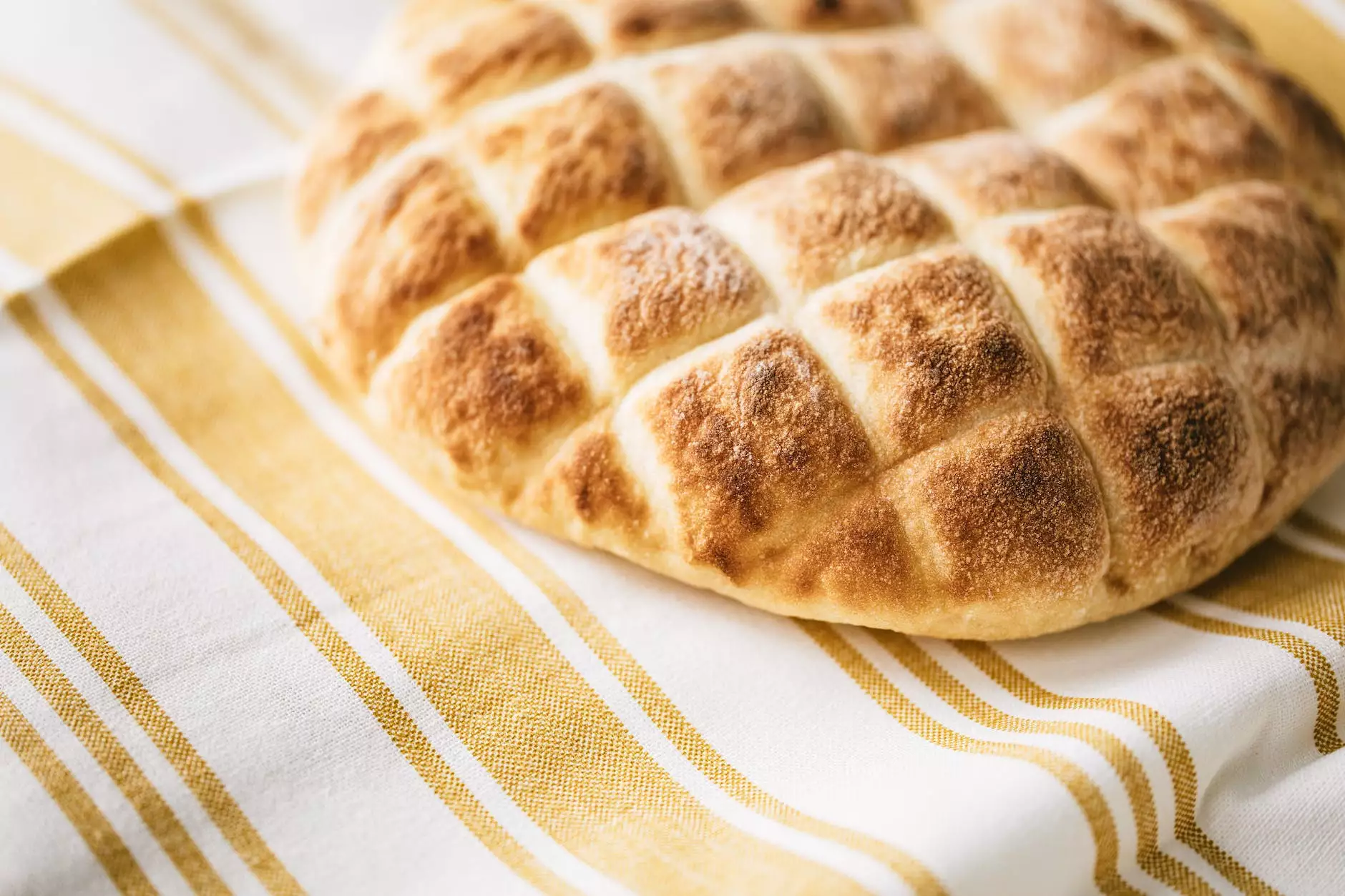Discovering Brazilian Frozen Chicken Manufacturers

In the thriving world of food production, Brazilian frozen chicken manufacturers play a pivotal role, supplying high-quality chicken products to various food sectors, including restaurants, food chains, and fast-food establishments. The demand for frozen chicken has been on the rise due to its convenience, extended shelf life, and versatility in preparation. This article delves into the myriad aspects of Brazilian frozen chicken manufacturers, including their operational processes, market dynamics, and contributions to the culinary landscape.
The Importance of Frozen Chicken in the Food Industry
Frozen chicken products have become a staple in the global food industry. Here’s why:
- Extended Shelf Life: Frozen chicken can be stored for long periods without spoiling, making it ideal for both suppliers and restaurants.
- Convenience: Quick and easy to prepare, frozen chicken allows chefs to streamline their cooking processes.
- Cost-Effectiveness: Purchasing frozen chicken in bulk can lead to significant savings over fresh poultry.
- Consistent Quality: Manufacturing processes ensure that frozen chicken maintains high standards of quality and flavor.
- Diverse Product Range: Brazilian frozen chicken manufacturers offer a variety of cuts and products, catering to diverse culinary needs.
Key Players in the Brazilian Frozen Chicken Industry
Brazil has established itself as one of the largest producers and exporters of chicken globally. The key players in this industry include:
- JBS S.A.: As one of the largest meat producers worldwide, JBS exports a significant volume of frozen chicken products.
- BRF S.A.: Another major player, BRF's brands are synonymous with quality and innovation in poultry products.
- Seara Alimentos: A prominent brand that offers a wide array of frozen chicken products recognized for their flavor and quality.
- Marfrig Group: Known for its sustainable practices, Marfrig has made its mark by providing high-quality frozen chicken to the market.
How Brazilian Frozen Chicken Manufacturers Operate
The success of Brazilian frozen chicken manufacturers can be attributed to their meticulous operational processes. Here’s a closer look:
1. Sourcing Quality Raw Materials
Brazilian manufacturers prioritize high-quality chicken sourcing. This often involves:
- Partnering with reputable farms that adhere to strict biosecurity measures.
- Ensuring feed quality and animal welfare standards to produce healthy chickens.
2. Advanced Processing Techniques
Once the chickens are sourced, the processing phase involves:
- Humanely slaughtering the birds while maintaining hygiene protocols.
- Utilizing modern processing equipment to prepare various cuts with precision.
- Implementing flash freezing techniques to preserve flavor and texture.
3. Stringent Quality Control Measures
Quality assurance is paramount. Manufacturers conduct regular tests to ensure:
- Microbial safety and contamination checks.
- Adherence to international food safety standards.
4. Effective Distribution Networks
To maintain freshness, frozen chicken is distributed through:
- Refrigerated transport systems that maintain optimal temperatures.
- Robust logistic partnerships globally to reach various markets efficiently.
Market Insights: Brazilian Frozen Chicken Export Landscape
The Brazilian frozen chicken export market is a dynamic segment worth examining. Key insights include:
1. Growing Demand
There has been a noticeable increase in the global demand for Brazilian frozen chicken due to:
- The growing popularity of chicken as a healthy protein alternative.
- Innovations in processing and product offerings.
2. Key Export Markets
Brazil exports frozen chicken to numerous regions, including:
- Middle East: Known for its high consumption of chicken.
- Asia: Countries like Japan and China are significant importers.
- European Union: Europe’s focus on sourcing quality poultry has benefited Brazilian exports.
3. Certifications and Compliance
To compete in the global market, Brazilian manufacturers obtain various certifications, including:
- ISO and HACCP certifications.
- Compliances with EU and USDA standards.
Benefits of Partnering with Brazilian Frozen Chicken Manufacturers
Restaurants and fast-food chains can reap numerous benefits by sourcing from Brazilian manufacturers:
1. High-Quality Products
Brazilian companies prioritize quality from farm to fork, ensuring excellent taste and texture.
2. Reliable Supply Chain
With strong logistics and distribution channels, clients can expect timely delivery.
3. Cost Advantages
Competitive pricing without compromising quality makes it an economical choice for businesses.
Steps to Choose the Right Brazilian Frozen Chicken Manufacturer
Selecting a partner is crucial. Here are some steps to guide you:
- Research Capabilities: Investigate the manufacturer’s production capacity and specialties.
- Evaluate Certifications: Ensure the manufacturer adheres to industry standards.
- Request Samples: Evaluate product quality firsthand before making decisions.
- Assess Customer Service: Engage with manufacturers to gauge their responsiveness and reliability.
The Culinary Versatility of Frozen Chicken
Frozen chicken offers unmatched versatility in the kitchen. Here are some ideas:
- Grilling: Perfect for kebabs and grilled chicken dishes that retain moisture.
- Baking: Offers a convenient base for casseroles and pies.
- Stir-frying: Quickly cooks through cut chicken, perfect for Asian-inspired dishes.
- Soups and Stews: Adds heartiness to broth-based meals.
Future Trends in the Brazilian Frozen Chicken Market
The Brazilian frozen chicken market is poised for growth due to various factors, including:
1. Health-Conscious Consumers
As consumers become increasingly health-conscious, manufacturers must focus on leaner cuts and organic options.
2. Sustainability Practices
With environmental concerns rising, manufacturers are likely to enhance their sustainability practices, such as:
- Implementing eco-friendly packaging.
- Adopting energy-efficient production methods.
3. Technological Advancements
Investments in technology, like automation and AI, are expected to optimize production efficiencies and enhance product quality.
Conclusion
The role of Brazilian frozen chicken manufacturers in the global food market cannot be overstated. Their commitment to quality, efficiency, and customer satisfaction makes them invaluable partners for restaurants, food services, and fast-food chains. As the industry continues to evolve, staying informed and adapting to trends will ensure long-term success in sourcing the best poultry products available.
Choosing the right manufacturer not only contributes to the quality of the food served but also supports a flourishing industry known for its sustainability and innovation. As you explore options, consider the benefits of partnering with Brazilian manufacturers to elevate your culinary offerings.









